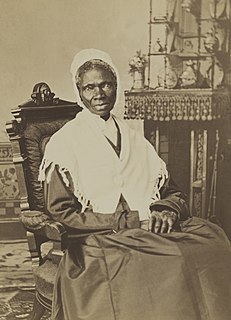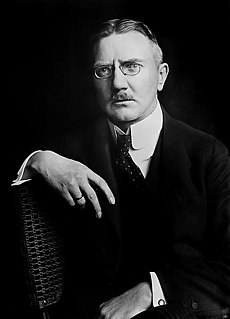A Quote by Adam Smith
When the toll upon carriages of luxury, upon coaches, post-chaises, etc. is made somewhat higher in proportion to their weight, than upon carriages of necessary use, such as carts, wagons, etc. the indolence and vanity of the rich is made to contribute in a very easy manner to the relief of the poor, by rendering cheaper the transportation of heavy goods to all the different parts of the country.
Related Quotes
The swelling and towering omnibuses, the huge trucks and wagons and carriages, the impetuous hansoms and the more sobered four-wheelers, the pony-carts, donkey-carts, hand-carts, and bicycles which fearlessly find their way amidst the turmoil, with foot-passengers winding in and out, and covering the sidewalks with their multitude, give the effect of a single monstrous organism, which writhes swiftly along the channel where it had run in the figure of a flood till you were tired of that metaphor. You are now a molecule of that vast organism.
[John] Adams's perception of Europe, and especially France, was clearly different than [Tomas] Jefferson's. For Jefferson, the luxury and sophistication of Europe only made American simplicity and virtue appear dearer. For Adams, by contrast, Europe represented what America was fast becoming - a society consumed by luxury and vice and fundamentally riven by a struggle between rich and poor, gentlemen and commoners.
For carbon-neutral cities, there are things worth talking about in how our consumption patterns can change - sharing goods, etc. - but those are a fraction of the impacts of transportation and building energy use. If we need to choose priority actions, the most important things are to densify, provide transit, and green the buildings.
The necessaries of life occasion the great expense of the poor. They find it difficult to get food, and the greater part of their little revenue is spent in getting it. The luxuries and vanities of life occasion the principal expense of the rich, and a magnificent house embellishes and sets off to the best advantage all the other luxuries and vanities which they possess ... It is not very unreasonable that the rich should contribute to the public expense, not only in proportion to their revenue, but something more than in that proportion.
To cash paid for saddlery, a letter case, maps, glasses, etc etc etc. for the use of my Command: 29 pounds 13 shillings and sixpence... To Mrs Washington's travelling expenses in coming to and returning from my winter quarters, the money to defray that taken from my private purse: 1064 pounds, one shilling.

































